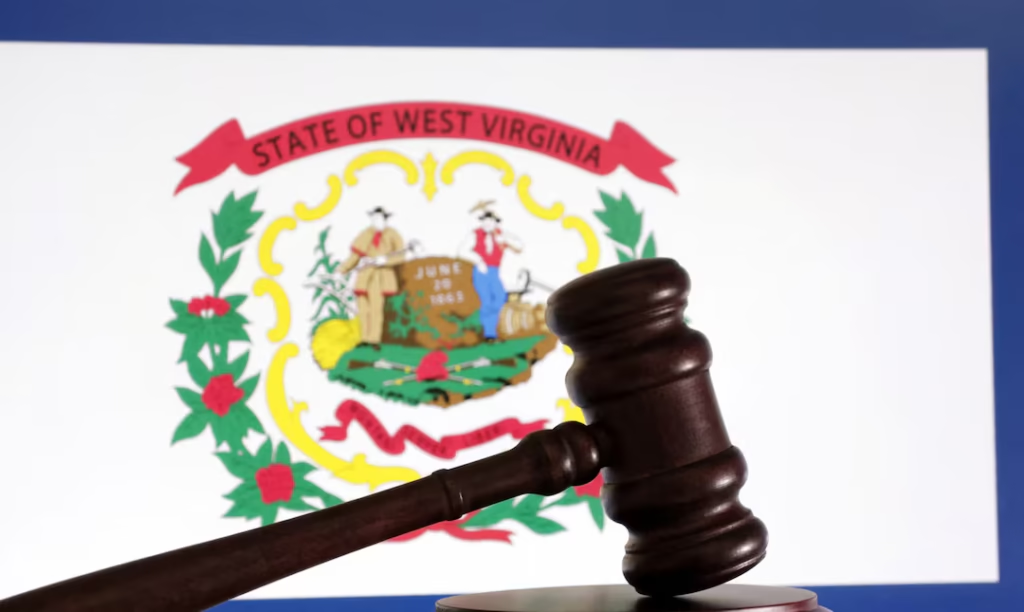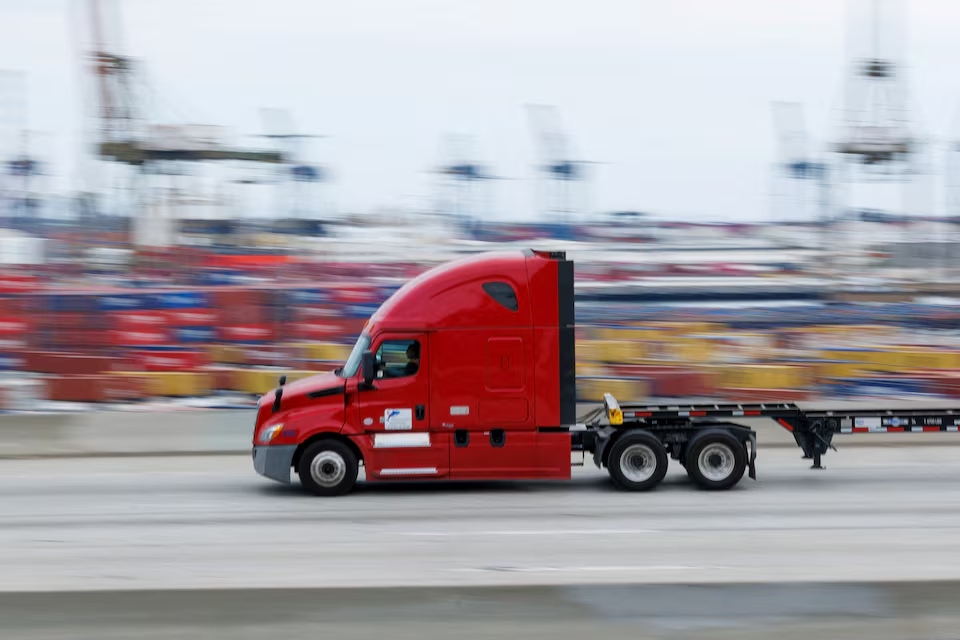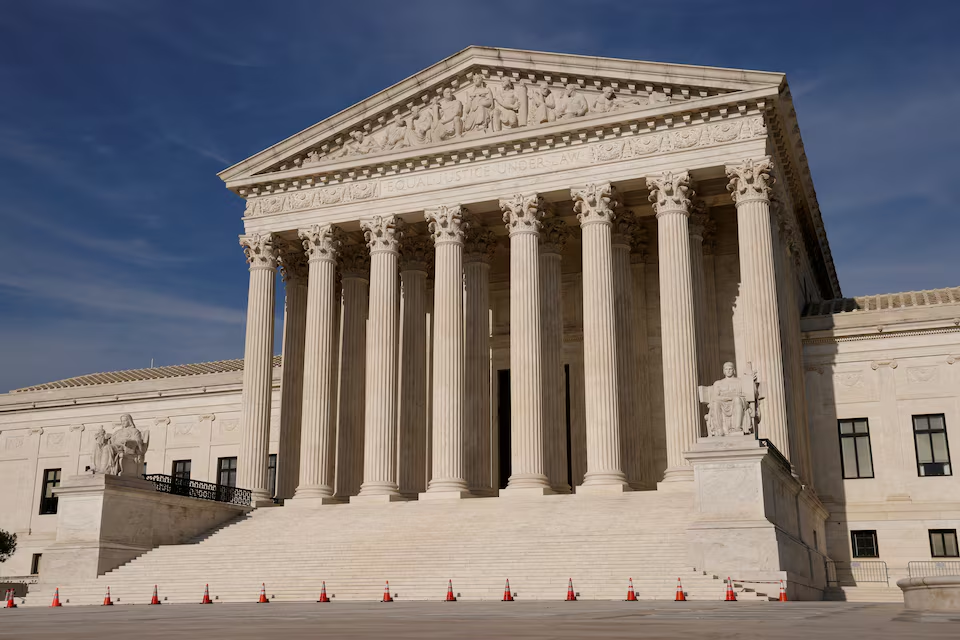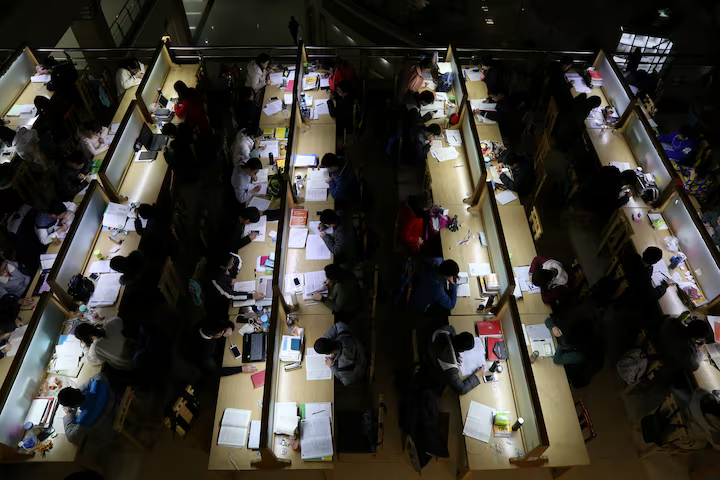A federal appeals court in the United States has revived a $2.5 billion lawsuit against three of the nation’s largest drug distributors—Cencora (formerly AmerisourceBergen), McKesson Corp, and Cardinal Health—accused of fueling West Virginia’s opioid epidemic. The decision, first reported by Reuters, overturns a 2022 lower court ruling that had cleared the companies of liability.
Court overturns earlier ruling
The 4th U.S. Circuit Court of Appeals determined that the lower court in West Virginia misapplied state law when it found the distributors did not create a “public nuisance” by flooding Cabell County and the City of Huntington with opioid pills. The appellate panel ordered the case reopened to reassess whether the companies should finance addiction recovery and prevention programs.
According to the court, the distributors allegedly failed to flag and halt suspiciously large orders of prescription painkillers despite internal warnings. The ruling cited evidence that Cencora shipped 775 questionable orders from a single pharmacy over five years but reported only 16 of them to the U.S. Drug Enforcement Administration.
Local officials react
Huntington Mayor Patrick Farrell welcomed the decision, saying the city now has “a new opportunity to hold drug distributors accountable for the devastating harm they have caused.”
The three companies, which previously joined a $21 billion national settlement to resolve thousands of opioid-related lawsuits, declined to comment. Unlike many U.S. states and municipalities, Cabell County and Huntington opted out of the national settlement in hopes of securing a larger recovery tailored to their local crisis.
Broader legal implications
The revived case could set an important precedent for how courts interpret corporate liability under “public nuisance” laws in the context of public health crises. The distributors had argued that they fulfilled their legal obligations by reporting suspicious orders to regulators. However, the appellate court disagreed, finding that their compliance was inconsistent and inadequate given the scale of opioid shipments.
West Virginia has been one of the hardest-hit states in the U.S. opioid crisis, with overdose rates among the highest in the country. The renewed lawsuit may reopen the door for billions in potential damages aimed at addressing addiction treatment and community rehabilitation.








